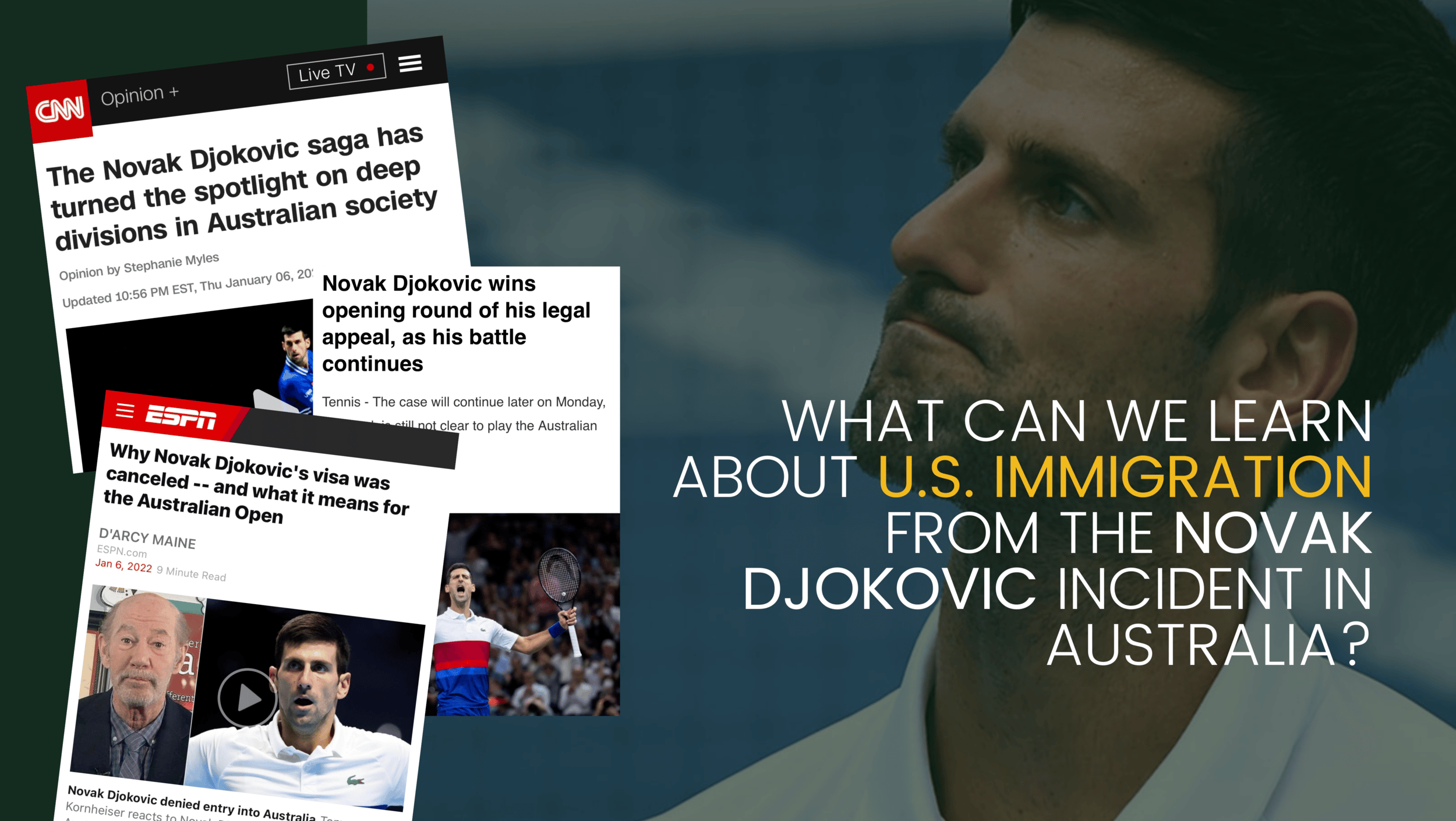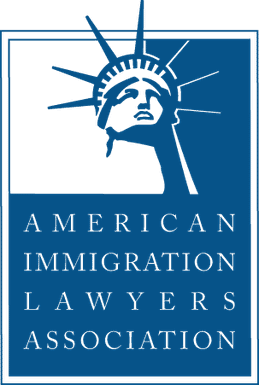Novak Djokovic and the government of Australia are locked in a battle over Australian authorities refusal to permit him to enter to complete in the Australian Open Tennis tournament country after it was learned that he had not been vaccinated against Covid-19. The controversy is centered around a medical exemption he received from Tennis Australia and the Victoria government prior to arriving in Australia. Victoria is the state where the Australian Open is held. Melbourne is its capitol.
The Australian Border was not satisfied with the the documents he presented when requesting admission, and denied his application. As a result, he was detained while a judge reviewed the circumstances of the denial. The center of the controversy seems to center around a positive Covid PCR test he received in December and his failure to receive a vaccination. According to some reports, an exemption is available only for people who were seriously ill, not for those who had mild illnesses.
The situation, while taking place in Australia, does highlight a couple of issues that warrant comparisons with the immigration law of the United States. There appear to be a couple of major differences between the systems of the United States and Australia. The first relates to the role of local governments in enforcing the immigration laws of the nation. The second involves the power of Border Agents as it relates to permitting visitors to enter the country.
In the United States, immigration is the legal responsibility of the federal government. The national government of the United States creates and enforces the immigration laws of the United States and has jurisdiction over controls at the border. It appears to be the same in Australia, which has the “Australian Border Force” controlling its borders and has immigration laws regarding who may or may not enter the country. One notable difference seems to be over who extends or grants visas in cases like these. As far as this writer knows, vaccine exemptions are not available to those who wish to enter the United States, while in this instance it seems that the government of Victoria, the equivalent of a state in the United States, and Tennis Australia agreed that the exemption was valid and were willing to allow Mr. Djokovic to enter the country.
A second difference seems to be in the issuance of visas itself. The State Department, the branch of the US government tasked with issuing visas, does not ask for visa status prior to granting a visa. The onus lies with the air carriers bringing people to the United States. US Customs and Border Protection ultimately determines entry for all those holding a visa, and has broad authority to admit those who present themselves at entry points to the United States. In the Djokovic case, border agents and the government of Australia appeared to have intervened in the case and attempted to prevent Mr. Djokovic from entering Austrlia.
This loosely reminds me of a case back in the 1990s during the early days of the peace process in Northern Ireland. Gerry Adams, leader of Sinn Fein, a controversial political party in Ireland at the time, wished to attend a conference in New York, but had been banded from the United States at the insistence of the British government prior to 1994. President Bill Clinton wished to encourage the peace process in Ireland and lobbied the State Department to grant a visa with very strict requirements on travel and activity. Once the visa was granted, Mr. Adams entered the United States without difficulty and the rest is history.
I raise the Adams issue because it demonstrates that politics does sometimes play a role in the visa process, especially if the party seeking entry to a country has generated any controversy. The Djokovic case is very tangentially similar to the Adams case in that there is controversy surrounding his Covis-19 vaccine stance. Australia, has had one of the strictest Covid protocols in the world. Melbourne, the capital of Victoria, was locked down for more 262 days. The question has arisen as to whether the cancellation of Djokovic’’s visa was a political move on the part of Australia’s government.
The point of this blog is not to make the argument for or against Djokovic’s entry to Australia, but to highlight some of the issues that arise when we consider what goes into granting or denying a person’s request to entre the country. If you have any questions about your visa or wish to apply for one, please email [email protected] or schedule a consult with us. Just click on the following link: https://my.timetrade.com/book/TXR2K






